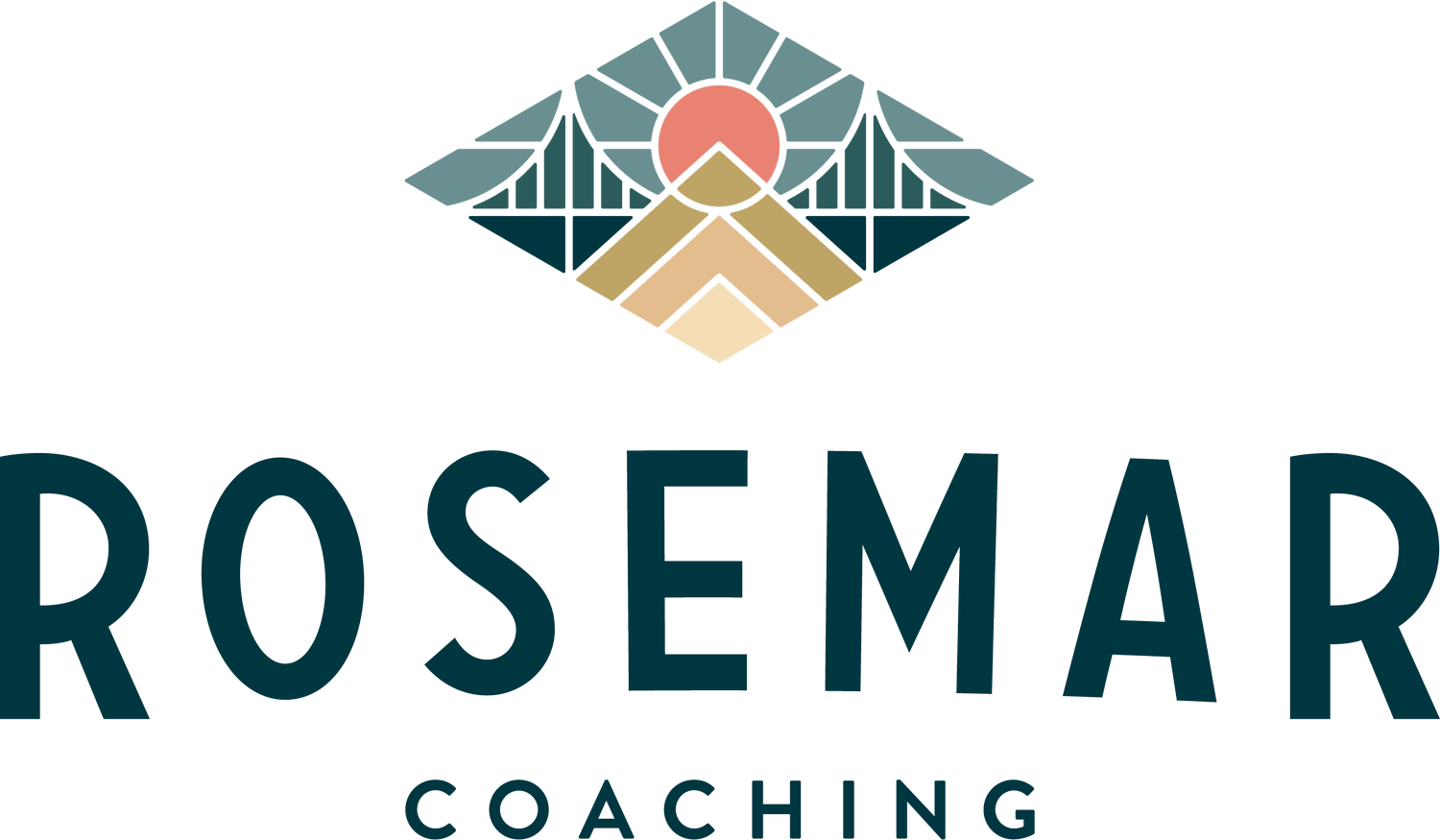What’s Your Story?
Stories have always been the lens through which I see the world. As a producer/director, I have been telling stories my entire career. As a coach, I have the honor of listening to people’s stories and partnering to create new narratives. What a gift!
The Atlantic has come out with several publications about the decline of reading books in our culture. In an article called “The Elite College Students Who Can’t Read Books,” a student is overwhelmed by a reading assignment in a literature class and claims she was never asked to read a book cover to cover in school. Another article in the Atlantic called “Why Aren’t Kids Falling in Love with Reading” makes a good case about our education system and how it falls short of teaching our children how to absorb literature. One simple Google search will show you what has happened with the decline in books being checked out of the library or why screen time is ruining our focus. All of these articles are true and should cause us all to be alarmed, AND there is one point that I haven’t seen argued in these articles that Johann Hari makes in his book “Stolen Focus,” which I find unbelievably profound: Reading fiction grows our empathy!
Anne Mangen, a professor of literacy at the University of Stavanger in Norway, proved that reading from screens trains us to read differently - in a manic, skip, and jump from one thing to another. If we do this long enough, it bleeds over to how we read paper. When this happens, reading becomes less of an immersion into another world and more like a quick trip to the supermarket, where you only grab what you need. There’s scientific evidence that proves the gap in understanding between books and screens is big enough that in elementary school children, it’s the equivalent of two-thirds of a year’s growth in reading comprehension. (Hari, Stolen Focus 2022. pg.82) Could the collapse of reading books be a symptom of why we struggle to focus and relate to one another?
To take it one step further, life is complicated under the best circumstances, let alone in this era we find ourselves in. To understand the world, I believe more of the answers live inside of us than on a screen. It takes deep thinking and contemplation to know which direction to steer. When we turn our attention to one narrow focus, we can start to get clear on the next best step forward. When we read a novel, we narrow our focus on the world the author creates. We imagine other people and their experiences. As we get more into the inner workings of a novel, it naturally creates empathy. Hari goes as far as to say reading fiction is “Empathy Gym.” Novels take you inside other people’s experiences, naturally creating a more compassionate understanding of who they are and why they think as they do. What has been proven is the more novels you read, the better you are at “reading” others’ emotions.
I have a story/a novel that has been brewing inside my head my entire adult life, and to turn this dream into a reality, I have taken the year to immerse myself in the joy of reading fiction. Here is what I’ve noticed:
My patience and curiosity have grown for my clients and everyone I interact with.
My ADHD is less pronounced and more regulated.
Getting and staying quiet has become infinitely more manageable in our information-stimulated world.
Getting lost in someone else narrative makes me feel less alone in the world.
My emotions are felt deeper as the characters in my books unfold their journey before my eyes.
I have experienced joy and sorrow in ways I thought were personal, but now I realize they are universal.
Digging deep alongside these characters has made me a better coach.
Our stories matter. Other people’s stories matter. As Amanda Gorman says so beautifully in the New York Times article “The Big Questions: Why Do We Tell Stories?” “We tell stories because we are human. But, we are also made more human because we tell stories”. What’s Your Story? And what story are you interested in reading more about?
Please reach out for Book Recommendations and tips on incorporating more fiction into your life.
Always in your corner,
Rachel
